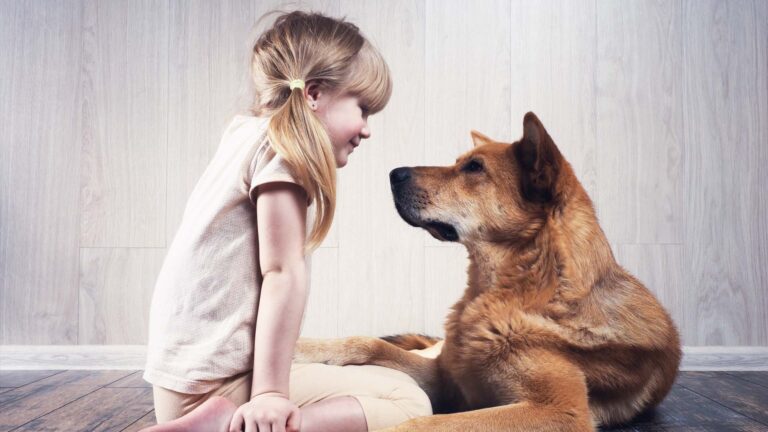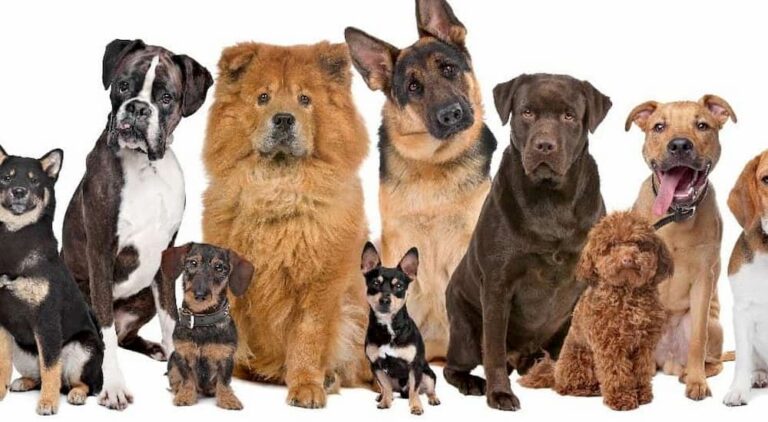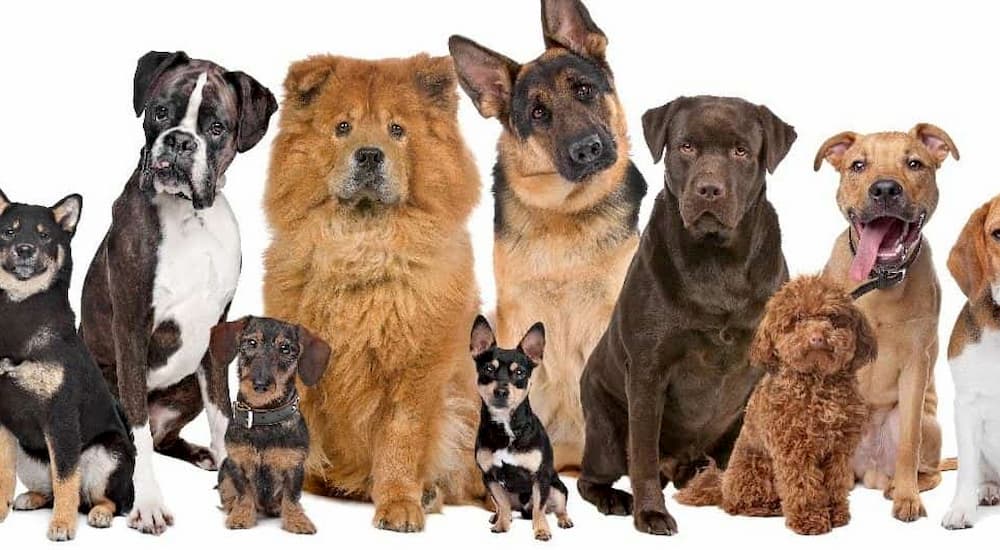
Understanding canine communication.
Learn to decode your dogs’ body language, vocalization and behavior to strengthen your bond and improve your relationship
Dogs communicate powerfully through different means beyond linguistic expression that humans use. These pets convey their emotions together with their body positions while utilizing sounds and distinctive habits of expression. You can interpret messages from your dog since they do express themselves to you. Your dog communicates to you through a range of expressions which just require understanding of their language.
The following guide shows you how to read your dog’s messages so you can understand their messages.
- Pay Attention to Body Language
Body language is the easiest way your dog is communicating. Here’s what to watch for:
- Tail Wagging

A wagging tail does not always mean your dog is happy. A high, stiff wag can indicate excitement or alertness, and a low, slow wag can mean insecurity or caution.
- Ears

Forward-pointing ears show interest or curiosity, and laid-back ears can indicate fear or submission.
- Eyes

Soft, relaxed eyes convey contentment, and wide eyes with visible whites signals stress or anxiety.
- Posture

A relaxed, loose posture is a comfort sign. A stiff, tense body may indicate that they’re on guard or threatened.
2. Listen to Their Vocalizations
Dogs produce a variety of sounds, and each sound has a different meaning:
- Barking

Barking can mean everything from excitement to warning. Pay attention to the tone and the setting—rapid, sharp barks may be alerting, but steady barking may be boredom or nervousness.
- Whining

Whining typically means your dog wants attention, is nervous, or in discomfort. It’s their way of saying, “I need something!”
- Growling

Growling can be a warning sign that your dog is feeling threatened or uneasy. It’s a good idea to respect this message and fix the issue.
- Howling

Howling is generally a form of long-distance communication or a response to specific sounds, like sirens or other dogs.
3. Observe Their Behaviors
Your dog’s actions often speak louder than words about what they’re trying to communicate. For example, if your dog;
- Brings You Toys
If your dog brings you a toy, they are likely inviting you to play or requesting attention.
- Paws at You
A gentle nudge with their paw on your leg might be saying, “Pet me” or “I need something.”
- Follows You Around
If your dog follows you wherever you go, they are showing you loyalty and wanting to be close to you.
- Yawning or Lip Licking

These are mild signs that could indicate stress or discomfort, especially in new or overwhelming circumstances.
4. Understand Their Unique Personality
Dogs exhibit distinct behavioral patterns so their communication methods will be individual to each pet. Developing an understanding of your dog’s behavioral patterns requires direct observation of their characteristic actions. Different dog breeds express themselves through speech according to their individual habits yet some dogs develop their communication mostly through natural body language.
5. Respond to Their Communication
Once you’ve decoded your dog’s signals, it’s important to respond appropriately. If they’re showing signs of stress, remove them from the situation or provide comfort. If they’re seeking attention or play, engage with them to strengthen your bond.
6. Ordinary Situations
What Your Dog is Attempting to Tell You.
Here are some everyday situations and what your dog might be communicating:
- i) The “Dinner Dance”

If your dog is spinning, jumping, or barking around mealtime, they’re saying, “I’m hungry—feed me!”
- The “Guilty Look”

When your dog lowers their head, avoids eye contact, or tucks their tail after doing something “naughty,” they’re not actually feeling guilt—they’re responding to your tone and body language.
- The “Play Bow”

When your dog drops their front legs and raises their back end, they’re asking you or another dog to play.
- The “Staring Contest”

If your dog is staring at you with great intensity, they might be trying to get your attention or express a need, like going outside or getting a treat.
7. How to Improve Your Communication with Your Dog
Becoming close with your dog is about more than knowing their signals—it’s learning a two-way dialogue. This is how to do it:
- i) Utilize Consistent Commands
Train your dog with basic commands like “sit,” “stay,” and “come” in order to have a clear line of communication.
- ii) Reward Good Behavior
Reward your dog with compliments or treats as a positive reinforcement so they can realize what you want from them.
- iii) Spend Quality Time Together
Regular playtime, walking, and snuggling keeps you two closer and lets you better know each other.
- iv) Be Patient
It takes time and attention to learn to “speak dog.” Watch your dog’s unique way of communicating and reply with empathy.
8. When to Seek Professional Help
Observation allows most canine communication to be decoded easily but some behaviors need help from qualified professionals. When your dog shows aggressive behaviors along with excessive anxiety or abrupt behavioral changes seek guidance from either a veterinarian or a certified dog behaviorist. Consulting experts in these fields will enable you to solve present problems and enhance communication methods with your pet.
Thoughtful Tip
Your dog constantly communicates through various signals which can be understood by developing listening skills. Observing the signals your dog shows through physical movements and sounds and actions allows you to comprehend their emotional state as well as what they require. Building strong connections alongside ensuring your dog perceives that you truly hear and comprehend signals to them.
When your dog communicates using their eyes or their barks you should remember that they attempt to communicate with you. Are you ready to listen?
Call to Action:
You can find additional information about dog behavior interpretation through our blog articles. Stay updated with our blog because it features additional information about dog behavior interpretation as well as techniques for strengthening bonds with pets.





















